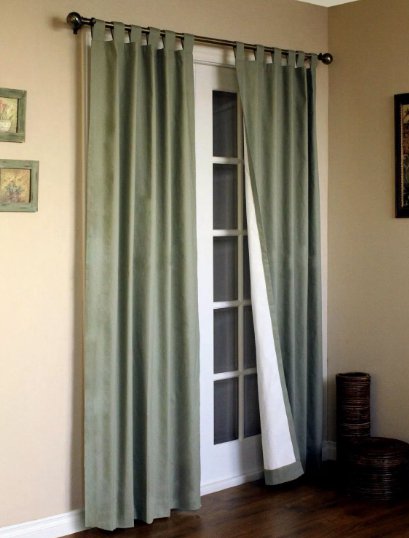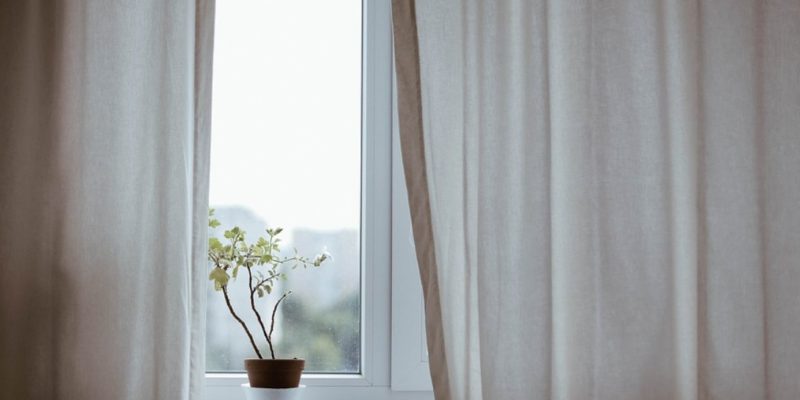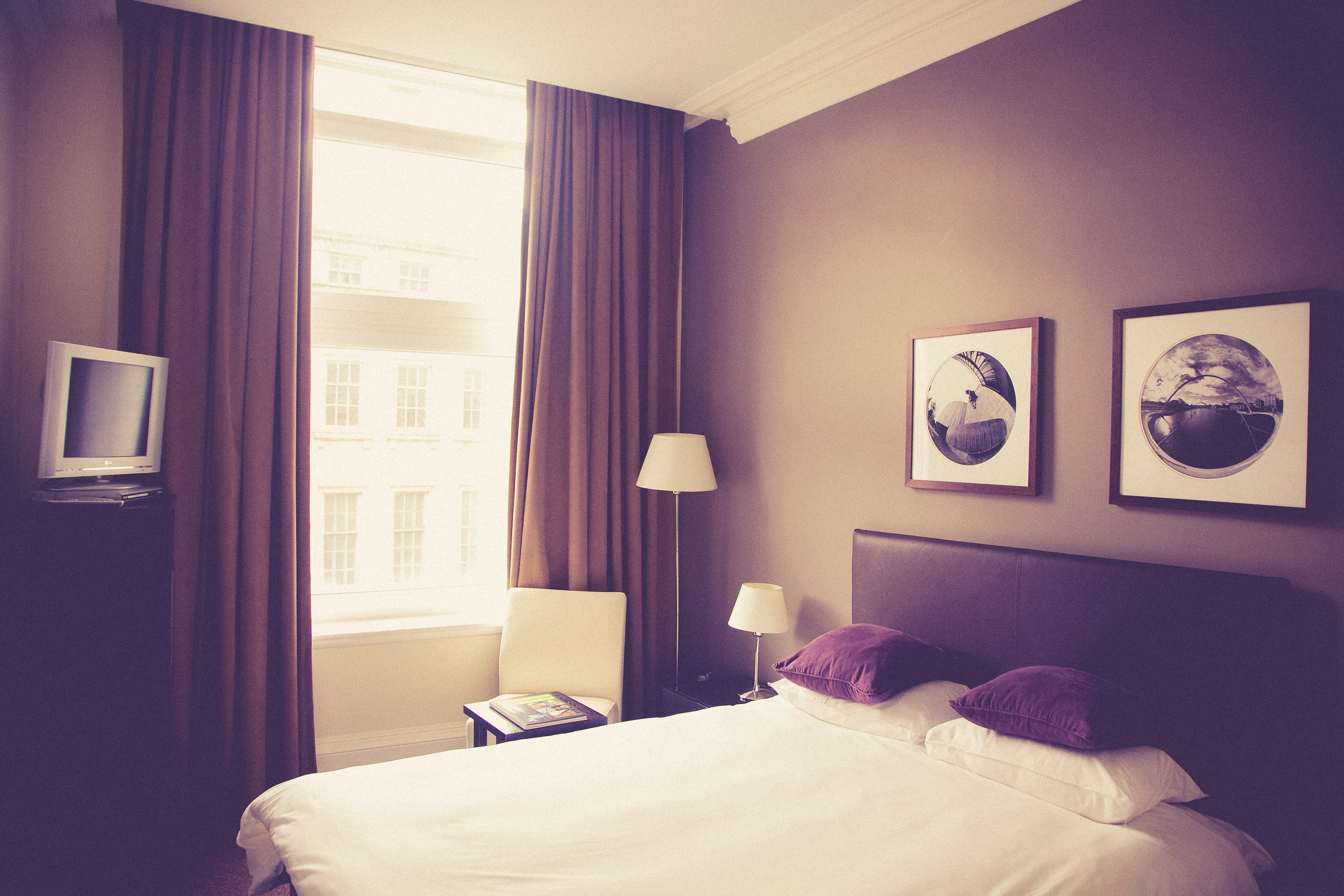There are many reasons you may want to soundproof your home. While sound is great at opportune times – we all love hearing the voices of our loved ones, watching our favourite TV shows and listening to our favourite songs; there are occasions where we might want to block out unwanted noises. For example when in the comfort of your home you want to be able to enjoy peace and quiet. You don’t necessarily want to hear noisy neighbours, the weather on the windows, traffic outside, or children playing on the street. Often, you want to be able to sit down, relax, and get away from the busyness of everyday life.
Unfortunately while you can’t control the volume of the outside world, there are steps you can take to soundproof your home and curtains are arguably the cheapest and most efficient way of doing so.
What are the ways that I can soundproof my home?
There are multiple ways to soundproof your home and while all will help to block out noise, some are more convenient than other.
- Soundproofing foam/material. This usually involves sticking adhesive panels to the walls in your home. While this is ideal if you happen to have a recording studio in your home or garage, it’s not the most aesthetically pleasing solution for your living room.
- Double glazing will help to reduce sound but most homes already have this and often it’s not enough on its own.
- Gap sealers are designed to sit underneath your door to help block out noise from other rooms.
- Sealing up holes and cracks within your home can prevent noise travelling.
- Air conditioning. Some people install air conditioning so they don’t have to open their windows in spring and summer. However air conditioning can be quite noisy in itself so this may not be the most viable soundproofing solution (however at the same time, some people might find the white noise air conditioning produces soothing).
- Thick carpets are great for controlling noise within the home, no longer will you have to listen to footsteps on creaky floorboards, but this doesn’t help as much with outside noises.
- Heavyweight curtains are great for absorbing sound waves. This option is affordable and offers other benefits so we are going to look in detail at how they can help soundproof your home.
How do curtains help with soundproofing?

Outside noise commonly enters your home through your windows or doors. Curtains act as a guard and absorb exterior noise trying to get inside your home.
There are certain types of curtain that will be more successful in helping to block out sound so we’ve put together some tips on how to find the most effective curtains for cancelling out unwanted sounds.
What type of curtains are best for soundproofing your home?
Heavy blackout curtains are by far the best option for blocking out sound, and they have other benefits, too. They block out light, while the thickness of the curtains helps prevent cold drafts from entering the home. These are commonly used in the bedroom for blocking out those lighter spring and summer mornings when the sun rises before our alarm.
Curtains are often the cheapest and most aesthetically pleasing soundproofing solution. Not all curtains qualify as sound absorbers however; there are certain qualities you will need to look out for.
When buying curtains you should consider the height, width, weight, style and material of the curtains – all are contributing factors in helping block out unwanted noise.
Generally the thicker a curtain is, the better it will be at absorbing noise, so you should consider the weight of the curtain then when making your choice. The heavier the better, so look for thicker materials.
Suede and velvet are quite thick and the microfibres on softer materials help to absorb more sound waves. You should also look for layered curtains as the extra lining makes them naturally thicker. Thicker curtains are obviously more expensive but they are the cheapest way of soundproofing your home and they come with multiple benefits. You could also save money and line your curtains yourself by stitching materials together, but that is your choice.
When looking for good soundproofing curtains you should also consider their width and style. Wide curtains that have pleats in are better at blocking sound waves. The wider the curtain, the more gather they have so will create tighter creases in the curtain. The creases in the curtain will help to reflect soundwaves but the pleats will also thicken the curtain, providing more material. This makes it harder for sound to travel through. Wide curtains are often twice the size of your window but for maximum effect you should look at pleated curtains that are three times your window size.
Another factor that will help block out sound is the length of the curtain. Put your curtain rail slightly higher than the window and allow your curtains to sit slightly on the floor. When measuring for your curtains, allow an extra 10-15 inches to your height measurements to get this added length – exact quantities will depend on your preference and how your window sits but roughly 10-15 extra inches would be a good fit. The extra height will cover your window completely, acting as a screen from outdoor noises.
There are many ways you can soundproof your home but none are perhaps as convenient and cost-effective as curtains. Soft materials like curtains and carpets absorb sound waves ensuring sound doesn’t travel. This is useful for keeping noise inside your home and great for preventing exterior noise creeping in. There are certain types of curtains you need to look for and often these can be more costly, however when you consider the many benefits they offer and compare them to other solutions, they are a worthy investment.
Wider, longer, thicker and heavier curtains with pleats are the most efficient option, and as well as sound protection they also help to keep your home warmer and block out the light.



